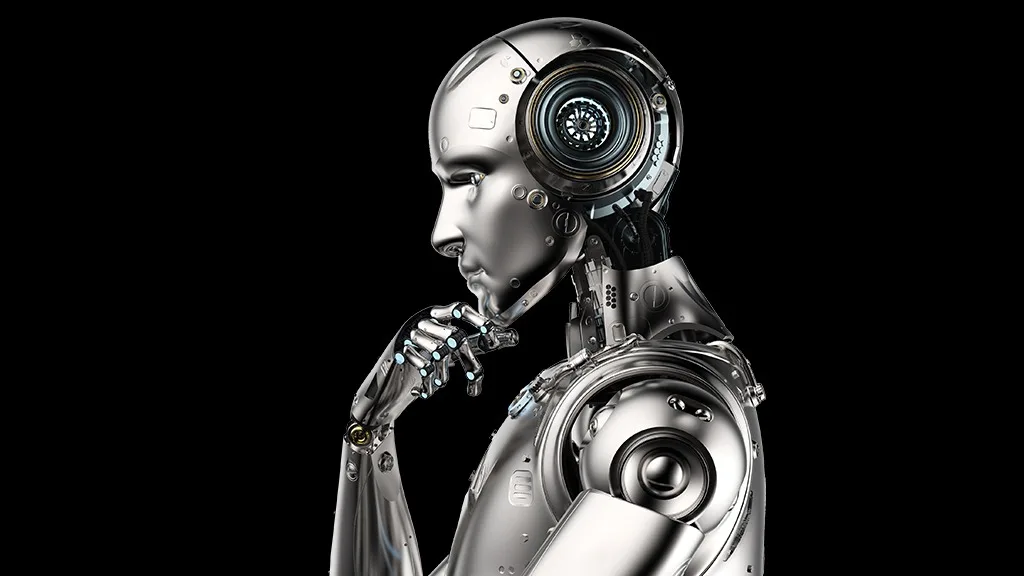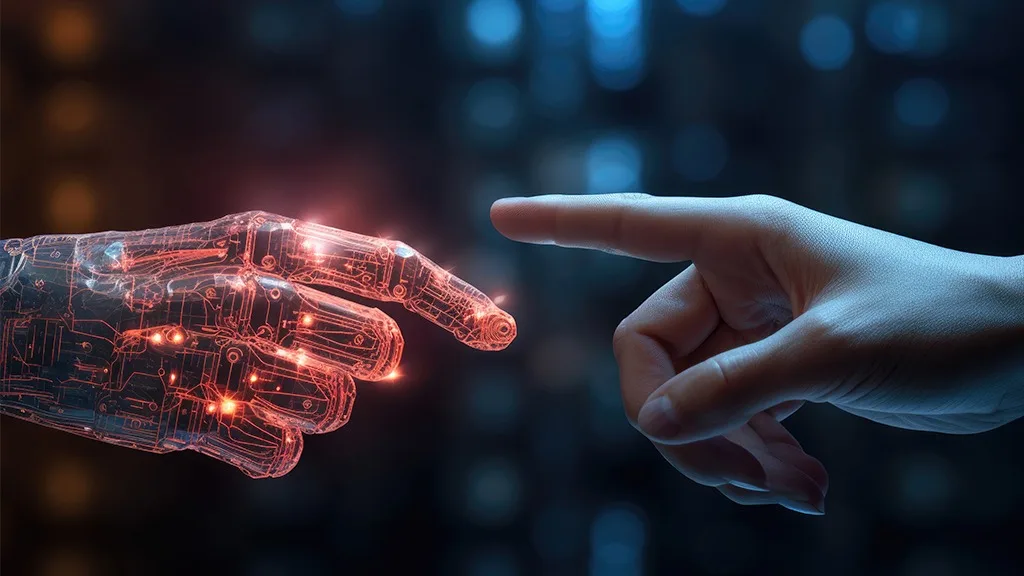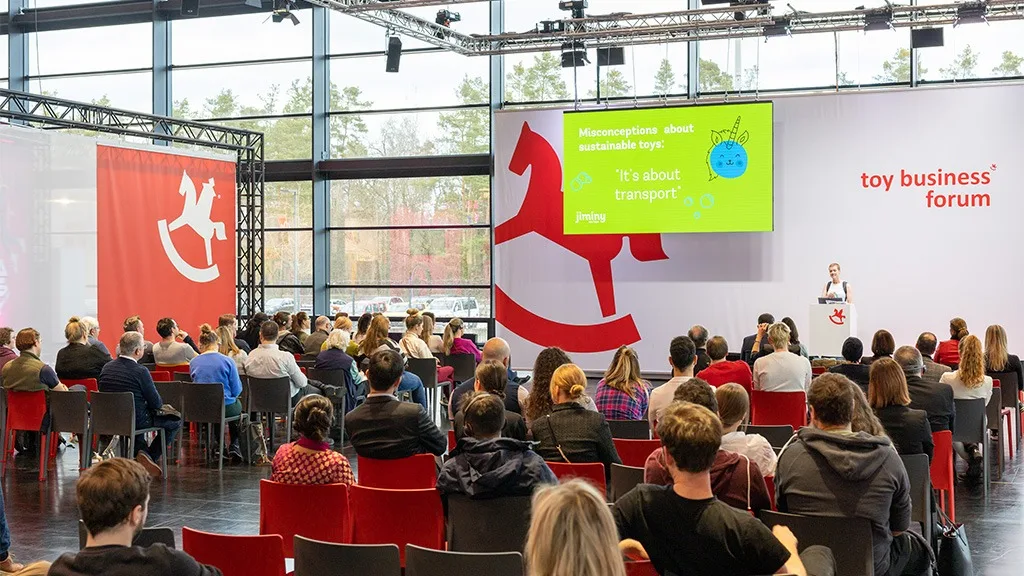by Stephanie Pottick, Esq., Pottick Law PC & Protect for Success
I don’t know about you, but all of this AI (artificial intelligence) talk is making me think about the 1984 movie The Terminator. Is Skynet coming to life? Will someone be knocking on the door to see if Sarah Connor lives here? I think we’re all wondering how this is all going to turn out — hopefully NOT like the movie.
Companies, including toymakers, are using AI in a variety of ways ranging from content creation and product development to marketing, product ideation, gameplay, and instructions. You might even be considering doing the same. But before you type another curated prompt into ChatGPT, Bard, or another AI provider for your marketing or ask AI to create a logo, a 3D image, or illustrations for your storybook or packaging, you may want to think twice.
Here’s why there are serious legal issues surrounding AI. I’m going to be honest: Some of this stuff is not easy to grasp, and the law is evolving and will continue to do so until court cases are decided and laws are created to address these topics. For now, it’s important for you to be able to spot some issues, two of which relate to intellectual property (IP).
– Stephanie Pottick, Esq.
“Before you type another curated prompt into ChatGPT, Bard, or another AI provider for your marketing or ask AI to create a logo, a 3D image, or illustrations for your storybook or packaging,you may want to think twice.”
IS AI-GENERATED CONTENT COPYRIGHTABLE?
No, you can only copyright human-created material. Have you heard about the monkey selfie case? Basically, a monkey took a selfie, there was a lawsuit to try and enforce a copyright in the selfie, and the court agreed that only works created by humans can be protected by copyright.
In some cases, you can copyright AI-generated materials only if they have sufficient human authorship — again, it comes back to the human factor. For now, it’s on a case-by-case basis; remember, we are on the ground floor here. If you’re interested in learning more about AI and copyrights, the U.S. Copyright Office has provided guidance for works containing AI-generated material at copyright.gov/ai. Having unique IP and ownership of that unique IP can be the difference between success and failure, not to mention making money. (Read my “Raising the Bar” article from The Toy Book’s October 2023 issue for more information on this!)
Tip: If you use AI to help you create, then modify that content to ensure it has sufficient human authorship. Again, there’s no exact standard yet, so if you have questions, ask a copyright attorney for help.

CAN AI-GENERATED CONTENT INFRINGE ON SOMEONE ELSE’S IP RIGHTS?
Yes, it can. If you’re relying on AI to create content or materials for you, then not only should you be thinking of the fact that AI-generated content is not copyrightable, but you should also be concerned about whether that content infringes on someone else’s IP rights.
When AI is coming up with responses or generating content, it’s drawing from a vast number of sources and databases. Some of those include content that is already copyright protected, so it may actually be infringing on third-party IP rights. Multiple lawsuits around this have already been filed — including those by Getty Images claiming that AI is infringing on copyrights for its images, and also by Sarah Silverman, who claims that the training of certain AI systems is infringing on her book’s copyright because it was used without her permission.
Tip: When using AI in creating for your business, you should be mindful that the AI-generated items may actually infringe on someone’s IP rights — so before you use them, do some investigating first. And, if you have concerns, then asking an attorney can be helpful. The last thing you want is to get a cease and desist letter from the rightful IP owner.
Using AI for your business may be helpful in many ways, but never simply assume that your AI-generated content is yours to use. Avoiding legal issues before they happen can save you a lot of time, money, and aggravation, but more importantly, it can help prevent Arnold Schwarzenegger from knocking on your door to serve you a lawsuit. I know you’ve been wanting to say it this entire article so go ahead in your best Arnold impersonation: “I’ll be back.”
*Disclaimer: This article is for informational purposes only and not intended as legal advice. Laws on AI are changing; the information in this article is time-sensitive and accurate as of Oct. 23, 2023. Don’t rely on anything without doing your own due diligence first.

A version of this feature was originally published in the 2023 Innovation & STEAM issue of The Toy Book. Click here to read the full issue! Want to receive The Toy Book in print? Click here for subscription options!



